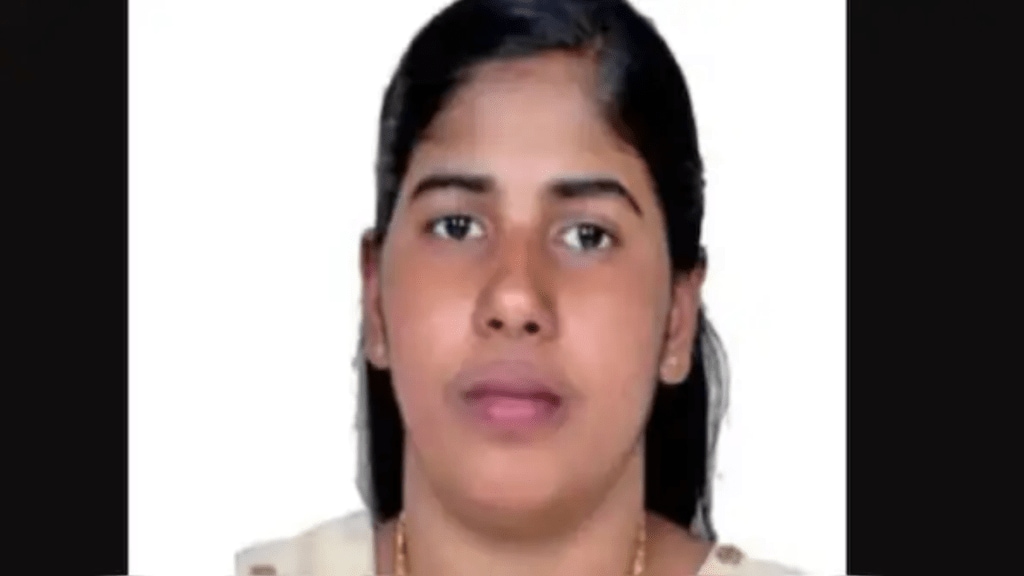In a notable diplomatic development, Iran has expressed its willingness to offer humanitarian assistance in the case of Nimisha Priya, an Indian nurse currently on death row in Yemen. The Iranian government’s gesture highlights the complex nature of international relations and humanitarian concerns amid ongoing geopolitical tensions in the Middle East.
The Tragic Case of Nimisha Priya
Nimisha Priya, a trained nurse from Kerala, India, has been sentenced to death by the Houthi-led authorities in Yemen for the 2017 murder of a Yemeni national, Talal Abdo Mahdi. Priya had been living and working in Yemen, where she opened a clinic in Sana’a with Mahdi’s support. However, the relationship turned abusive, with Mahdi allegedly manipulating clinic ownership and exploiting Priya financially. Priya accused him of years of harassment and abuse, including threats to her life and the confiscation of her passport.
In July 2017, in a desperate bid to retrieve her passport and escape the abuse, Priya attempted to sedate Mahdi, but he died due to a drug overdose. Despite her claims of self-defence and the oppressive circumstances, Priya was arrested and later sentenced to death by a Yemeni court.
Iran Steps in with a Humanitarian Offer
Iran’s offer to assist in Nimisha Priya’s case comes as a surprise yet underscores the humanitarian dimension of Tehran’s diplomatic approach. A senior Iranian official on Thursday stated, “We will take up the issue of this nurse, we will do whatever we can.” This statement reflects Iran’s commitment to helping Priya, should there be an opportunity for intervention, emphasizing, “On humanitarian grounds, we are willing to do whatever we can.” The official further stressed, “Anything we can do… we will not hesitate.”
As a key regional player in Yemen, where Iran has significant influence, Iran’s involvement could potentially provide a path to securing clemency for Priya. The offer also illustrates the depth of Iran’s diplomatic outreach, as it seeks to balance regional politics with humanitarian concerns.
India’s Diplomatic Push
India’s Ministry of External Affairs (MEA) confirmed its awareness of the case and assured that all necessary steps are being taken. “We are extending all possible help in the matter,” said MEA spokesperson Randhir Jaiswal, acknowledging the family’s efforts to explore all legal avenues.
Furthermore, groups like the Save Nimisha Priya forum have also called for direct negotiations with the Yemeni authorities to prevent the execution, stressing that time is of the essence.
Broader Context of Iran-India Relations
Iran’s offer comes at a time of increasingly close diplomatic ties between Iran and India, a relationship steeped in millennia of cultural and economic exchange. Over the past two decades, both nations have worked to strengthen cooperation in various sectors, including energy, trade, and security. Key moments, such as the 2016 visit of Indian Prime Minister Narendra Modi to Tehran, and ongoing joint projects like the Chabahar Port development, highlight the growing strategic partnership between the two countries.
Dr Takht Ravanchi, Iran’s Deputy Minister of Foreign Affairs, has arrived in New Delhi for high-level talks over the next two days. The two nations are expected to discuss enhancing bilateral trade, connectivity, and regional security. The timing of this visit is significant, as it could provide an opportunity to discuss not only economic cooperation but also humanitarian concerns like Nimisha Priya’s case.
The Path Forward
As the international community continues to monitor the situation, the involvement of both Iran and India is crucial in securing a fair outcome for Nimisha Priya. While Iran’s humanitarian offer adds a layer of diplomatic complexity, it also underscores the importance of leveraging international relationships for humanitarian goals.


